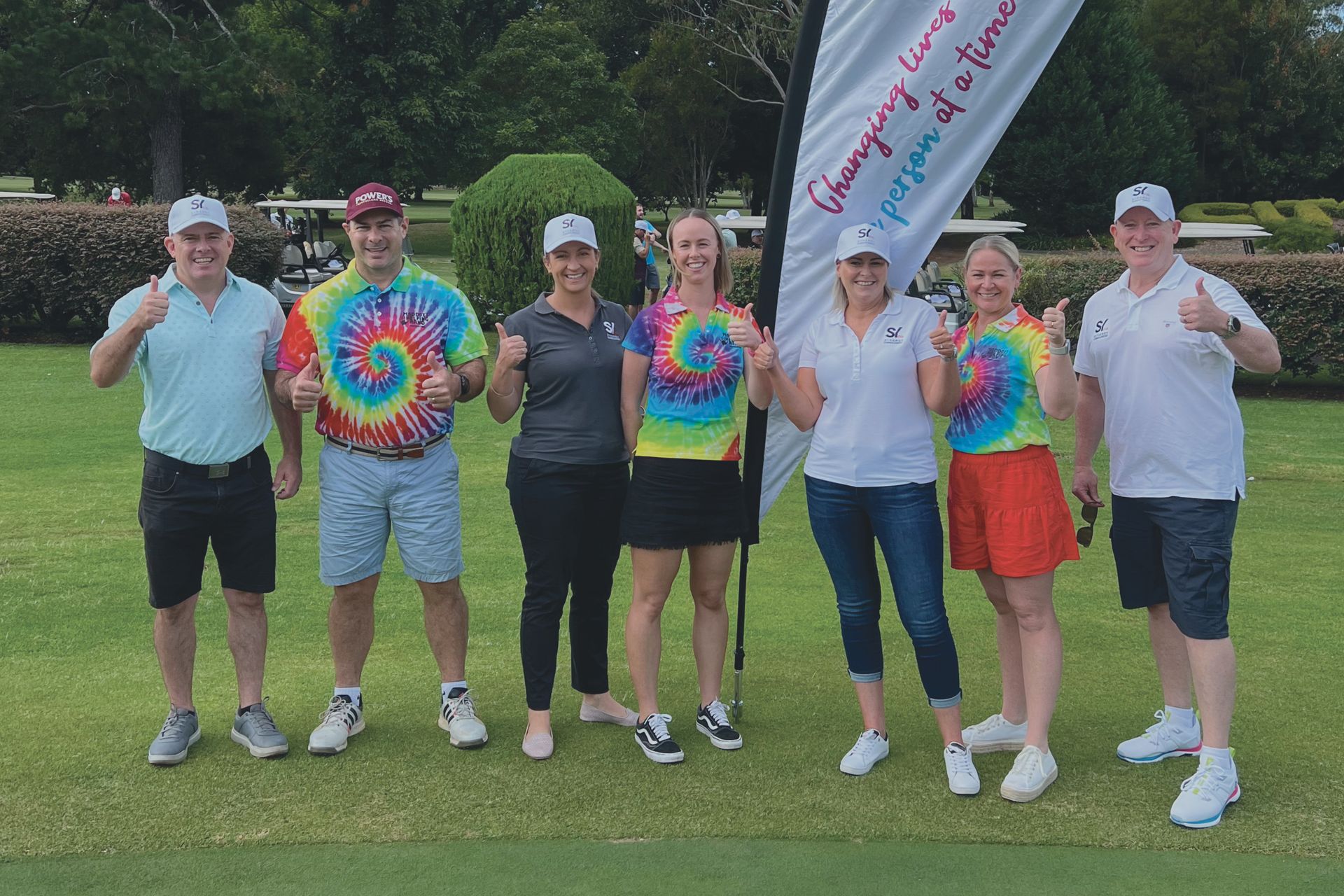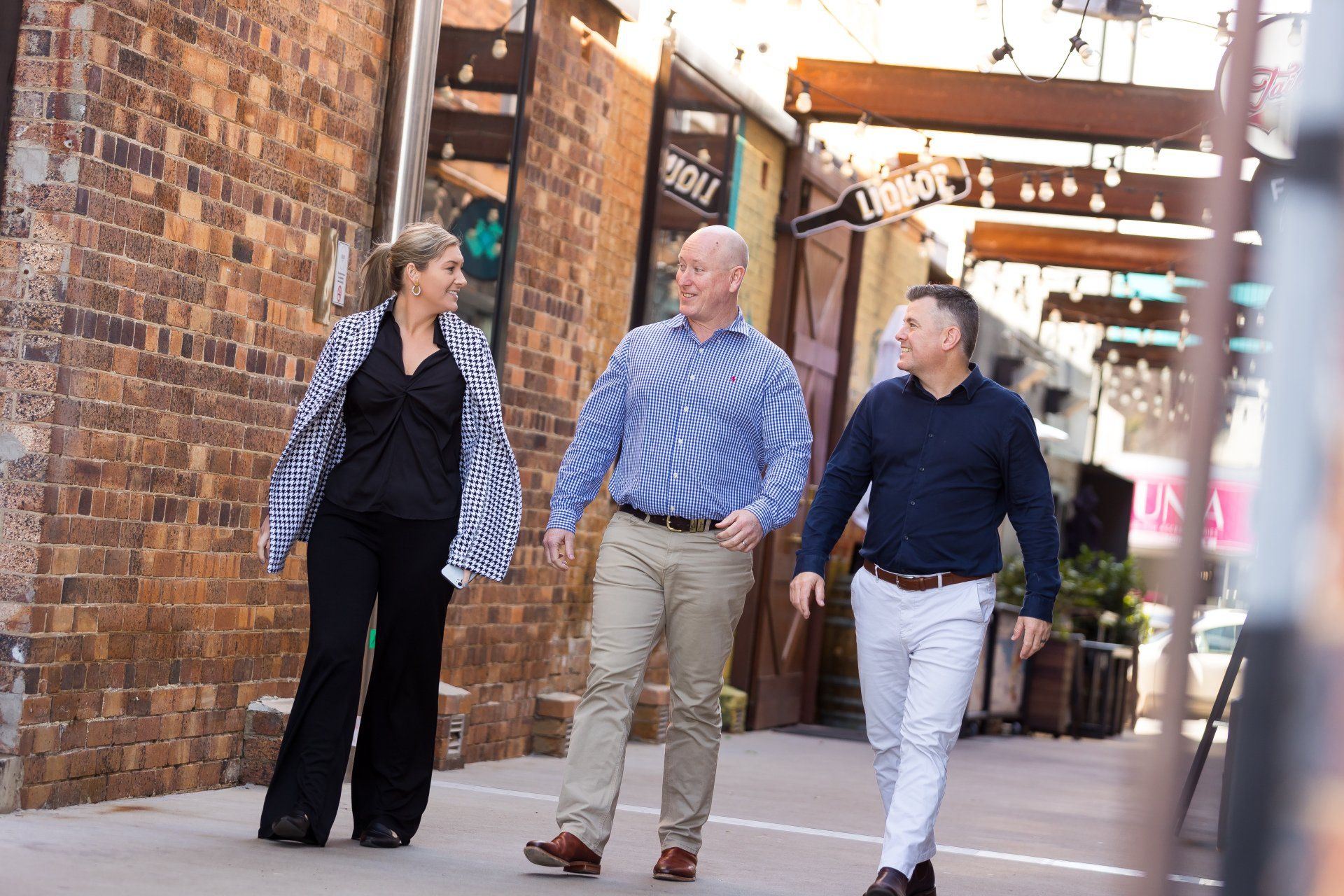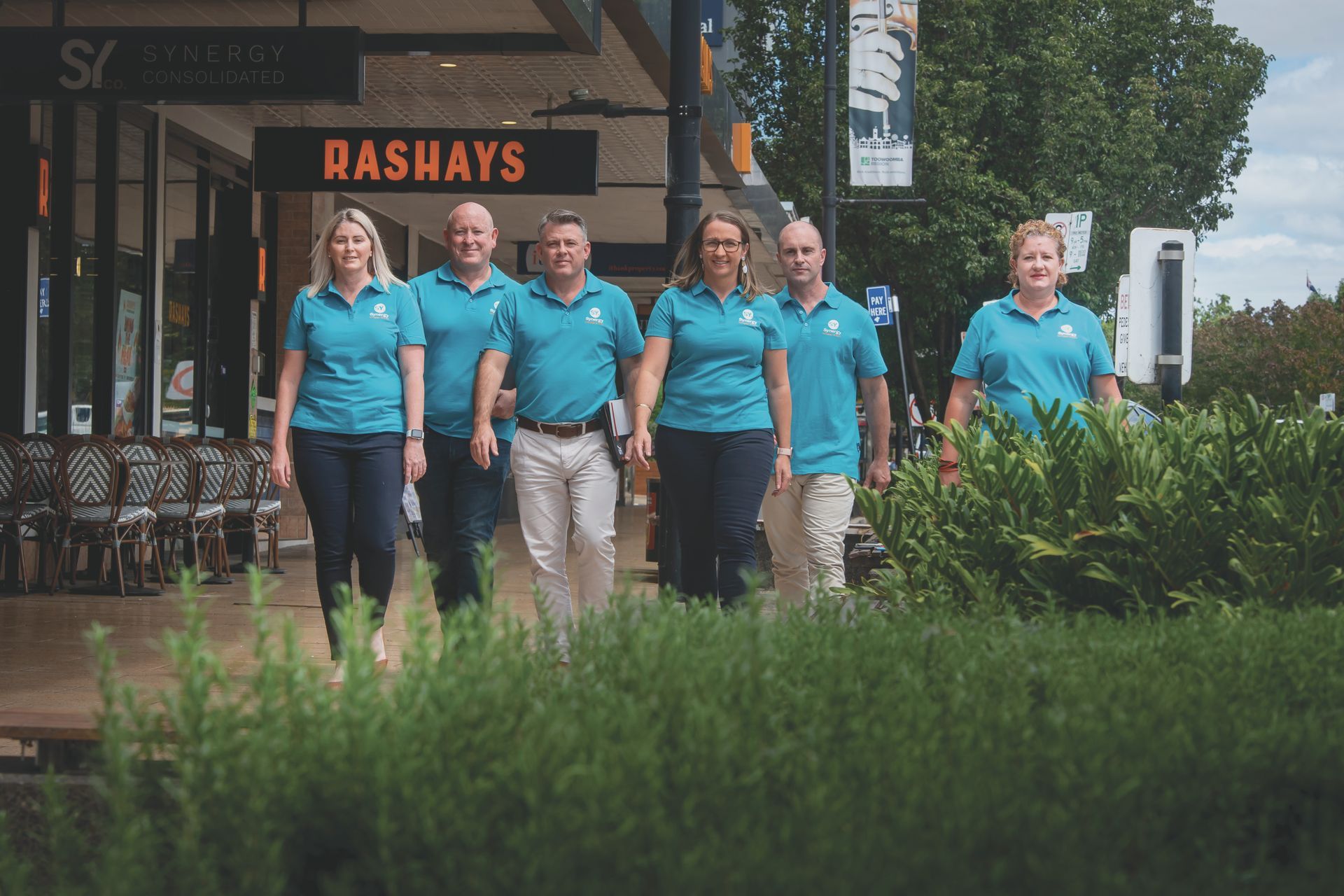LATEST INSIGHTS
Continuing low availability for Cars and Equipment in Australia
According to industry insiders, the recent stock shortage of new cars entering Australia is the biggest challenge to face the automotive industry since WWII.
There are a number of COVID-related contributing factors, with crippling supply constraints of many leading car brands caused by ongoing restrictions around the production of semiconductors that are intgral to the operation of today’s vehicles.
“We’re seeing lengthy delays for our clients across the automotive market in Australia – with a clear supply and demand issue across the board” Synergy Business Finance Manager Brendan Philp said.
The impact of the global chip shortage on the new vehicle market
With the recent conflict in Ukraine putting extra obstacles in the way of what was an already impacted supply chain, manufacturing specialists predict that new vehicle supplies won’t return to ‘normal’ until the end of 2022 at the earliest - and possibly well into 2023.
Depending on the make and model, as many as 3,000 of these semiconductor devices may be needed to complete the manufacturing process of a single new vehicle and, with computer chips taking as long as six months to manufacture in purpose-built overseas facilities, the shortage is leading to unhappy customers and stressed car dealers.
The shortage has been made more noticeable due to the recent spending habits of Australians who chose to splash out on new vehicles during the pandemic when other discretionary spending habits – including international travel – were put on hold because of border closures.
Globally, manufacturers built 1.7 million fewer vehicles in 2021 than they did in 2019, which was the last full year before the effects of pandemic wreaked havoc on the automotive industry.
To counter the production delays and temporary shutdowns as vehicle manufacturers wait for the chips needed to complete assembly line production, some leading brands are making hard decisions – including temporary suspension of some vehicle features – simply to keep new cars reaching consumer markets.
“For those working the land and relying on new vehicles to maintain production and business growth, the impact has been enormous” Brendan added.
In mainstream motoring media, recent articles report dealer claims that they are only able to deliver at around one-quarter of the rate they are writing new vehicle orders. For a dealer who might typically sell 40 vehicles each month, it means that only 10 are actually being delivered as low stock numbers are stretched across the country.
Ways to overcome the stock shortage
For savvy customers desperate to access the vehicles they need, changing tack has proved positive, with many car-hunting customers reporting better results from asking for car dealership expertise around finding them the vehicle that will do for now, rather than simply the best possible vehicle or deal.
“We’re sourcing the best possible options for clients to assist our clients in getting on with increased production. Solving the immediate requirement is still of uptmost priority.” Brendan said.
Advice from the Australian Automotive Dealers Association throughout the pandemic has been consistently about prompting potential buyers to order now and get in the queue, then be patient enough to wait until their preferred vehicle eventually arrives.
For those who can’t wait any longer, though, the advice is clear, with four options on offer as the most realistic ways to manage the shortage:
- Order your preferred vehicle immediately… and wait
- Invest in repairs to your existing vehicle fleet
- Choose a used vehicle
- Expand your buying horizons by exploring different makes and models that are less sought after but can still serve your needs
Although the latter option may feel like a stretch for many people who rely on the strength and durability of a preferred truck or car brand to support their business operations, it may be a positive way to help weather the current vehicle shortage storm.
For finance-related support or advice for the vehicle purchases you or your business needs, talk to our experienced loan specialists today at Synergy Business Finance.

LATEST
INSIGHTS.

GET IN TOUCH.
PHONE:
1300 324 588
info@synergybf.com.au
TOOWOOMBA OFFICE
Level 3, Toowoomba City, 3/482 Ruthven St, 4350, QLD, Australia
SUNSHINE COAST OFFICE
Tower 2, Level 5/55 Plaza Pde, Sunshine Coast, QLD 4558, AUS


SYNERGY BUSINESS FINANCE
Quick Links
Liability limited by a scheme approved under Professional Standards Legislation.
Synergy Business Finance ABN 27 649 662 493
Credit Representative Number 532594 is authorised under Australian Credit Licence 389328
© 2022 Synergy Consolidated - All Rights Reserved





